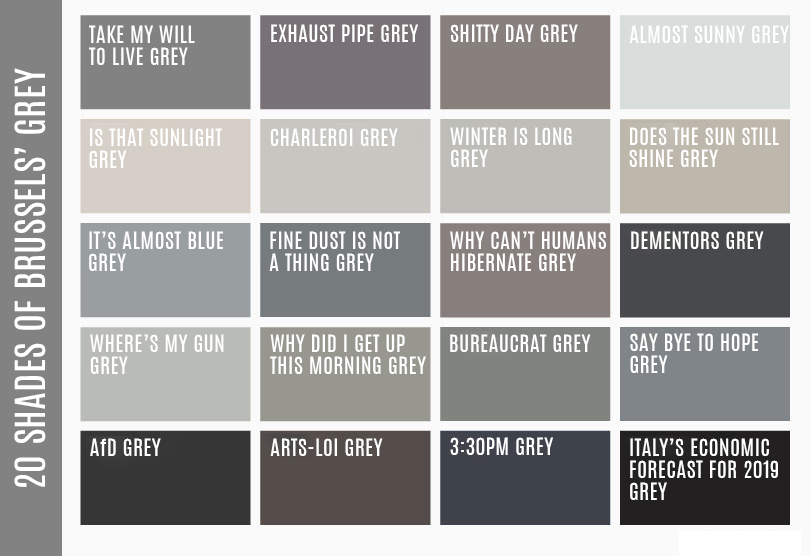
Brussels (abbr. BRU, French: Bruxelles; Dutch: Brussel), officially the Brussels-Capital Region (French: Région de Bruxelles-Capitale; Dutch: Brussels Hoofdstedelijk Gewest), is a region of Belgium comprising 19 municipalities, including the City of Brussels, which is the capital of Belgium. The Brussels-Capital Region is located in the central portion of the country and is a part of both the French Community of Belgium and the Flemish Community, but is separate from the Flemish Region (within which it forms an enclave) and the Walloon Region.
Wikipedia
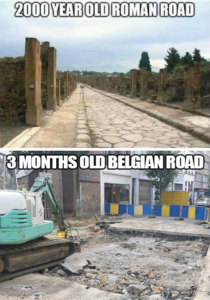
Now, after this short introduction, any person in their right mind would know that this is not the place to build one of the biggest bureaucratic body in the world. But back in the days they liked challenges and it felt inspirational to pick a country that is constantly on the verge of a civil war struggling to find compromises among its minorities as the de facto capital of European Union (in the original plan, this had to rotate every six months, but people working there were so lazy that they never did it). As a matter of fact, some people claim that the EU BubbleThe EU Bubble is a term used to indicate a reality distortion generated by the peculiar set of people that inhabit the Brussels' European District. A Bubble resident typically uses sentences like: "We should burst the bubble!", "We need to break silos", "Reach the citizens" and "engage the voters". The..., being a supranational entity, is not directly part of Brussels, but it just materializes there.
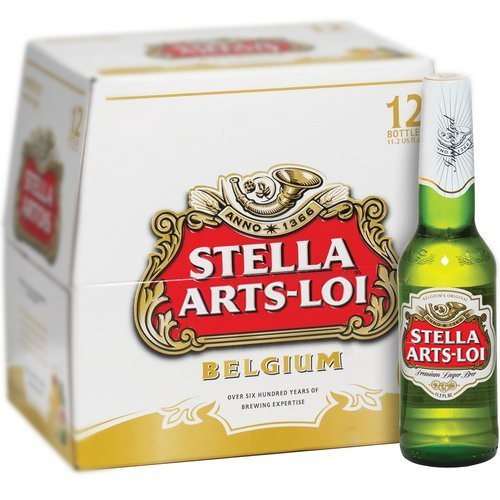
As an expat, you have a dislike-or-hate relationship with Brussels, though Stockholm syndrome might develop with time (the first sign of this condition is saying sentences like: “At the beginning I didn’t like but then I got used to it”). Surreal regulations, constant traffic, bureaucratic mess, persistent dirt are the trademark of the city.
But there are also bright sides: the tasty Belgian beer, brewed by trappist monks according to ancestral recipes; the bursting life of Ixelles/Elsene and Flagey district, comparable in splendor to Trastevere or Notting Hill; the many nice parks; Belgian frites and comics, everybody thinks they are French but they are not; and the reliable public transport network with which you can reach your destination stress-free and on time (this whole paragraph has been sponsored by City of Brussels).
Multiculturality is probably the best part of Brussels, especially when it turns to interculturality. In this weird city, and specifically in the European District, it is more peculiar to have only one well-defined nationality than being, say, a quarter Brazilian, a third Swedish, four-fifth Georgian and three-tenth Indonesian.
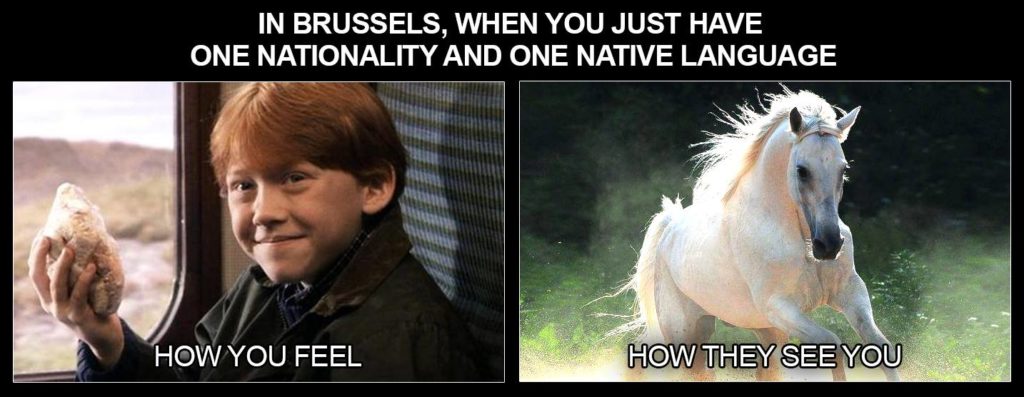
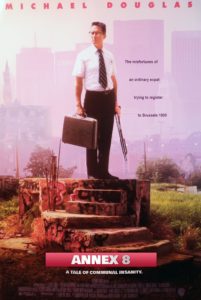
The worst part of living in Brussels is interacting with the local administration, especially in Brussels 1000. It is one of the wealthiest and most diverse districts of the city but registering your residence (i. e. collecting your annex 8) is a real nightmare. Understanding which papers are required for the process, ensuring that the clerk officer doesn’t lose them and receiving the confirmation, exclusively sent by snail mail, is a daunting task that requires years. Some people get their registration documents when they are about to leave the country.
Among the things you can find in the typical Brussels registration office:
- Gutenberg’s Movable Type Printer
- Amanuensis monks
- English typos
- The Necronomicon
Finding a decent place to live in Brussels is also a particularly cumbersome task, as the locals would rent anything that has four walls.
“6 square meters cupboard for rent in a building from 1847, not renovated. The flat is shared with other 12 friendly people. Toilet in the basement, showers in another building across the road, running water from the fountain in the park at the end of the street. 500€/month, electricity not included”
A typical rent advertisement in Brussels
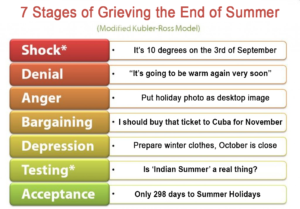
If you like to complain, Brussels offers a variety of topics: for the Germans the administration; for the Spaniards the weather; for the Italians the coffee; for the Czech the beers; for the Finnish the dirt; for the Latvians the pollution and so on. This means you always have a small talk topic when in the lift.
Living in Brussels is probably the toughest task one can endure to become a eurocratThe term Eurocrat (from the combination of "European" and "bureaucrat") broadly indicates any official working for the European Union; it may have both a negative and a positive connotation, depending on who is speaking. In the EU-Bubble, for example, becoming a eurocrat means reaching a superior state of being, comparable... and one keeps wondering if it is worth it. The answer is “Yes, of course”: what doesn’t kill you makes you stronger and this is particularly true if you’re used to bike through the Schuman roundabout on a winter morning.
Brussels: love it or leave it!
